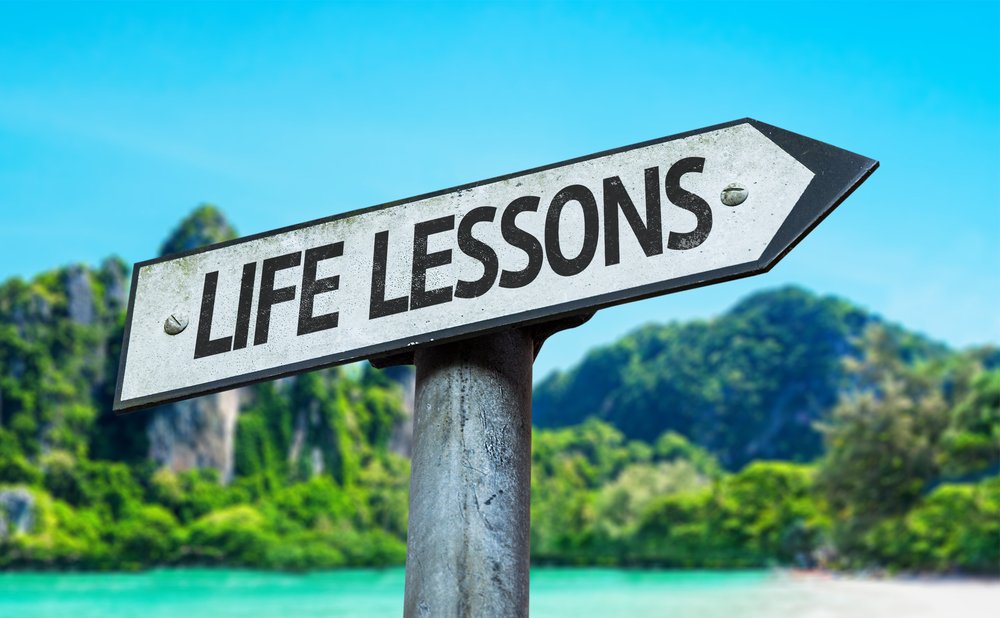Life Is an Adventure, So Let’s Be Pioneers

To make my sometimes hazardous life with SMA less scary and more exciting, I tend to think of myself as a pioneer. As my previous column noted, I carry a lot of “baggage,” or experiences, during my travels.
In 1803, as PBS noted, U.S. President Thomas Jefferson commissioned his secretary, Meriwether Lewis, and Lewis’ friend, William Clark, to explore the completely unknown western territory of the United States.
In 1982, I was commissioned by God to be born with SMA and enter into the unknown territory of living a full life with this disease.
At first, Lewis and Clark, as the two explorers became known, probably didn’t know just how much help they would need from others they met along the way. Yet, from Sacagawea, a Lemhi Shoshone woman who served as their guide, to the Mandan tribe, who gave them shelter during sub-zero winters, the members of the Corps of Discovery, as Jefferson named the program, would never have gotten far without the help of Native Americans.
During the first few years of my life, which were marked by numerous infections from pneumonia, my parents relied on a tightly knit team of medical professionals.
As my academic years began, I would be introduced into a somewhat wider community. Again, who knew how helpful they would be? Unfortunately, they weren’t very helpful at first.
When I was 7, we moved to a new state my family hoped would be more accommodating. I received the home care services I needed, but in the late 1980s, the nonmedical world wasn’t prepared for someone like me. They didn’t see me as a second grader. They only saw my tracheostomy, my powered wheelchair, and the nurse who accompanied me.
The school system practically demanded that I receive special education instead of being mainstreamed. To my mom, these demands were tiresome. Two years prior to this, in another state, we went to court for months so I could attend kindergarten and first grade with a trach. I was eventually allowed to go to kindergarten, but we were shocked that yet another state was trying to give us the runaround.
My mom was about to blast the school system by going to the press when a single school administrator helped us out. She kindly advised my mom to calm down so that they could help us. She personally saw to it that I received the best education, and we remained friends throughout my college years.
Sadly, this very special administrator passed away a couple years ago, while in retirement. I will never forget her. People like her have taught me that as a pioneer in the world of SMA, I need to choose how I fight my battles.
How does this particular piece of writing help you and I “soar” up and away, as the title of my column implies? We can’t soar any higher than space, so let’s use a “Star Trek” analogy.
Most of the shows in this TV series are about a pioneering captain who interacts with other species during a crisis. Therefore, it’s natural that fans draw a comparison between two of the main characters from the various series, Capt. James T. Kirk and Capt. Jean-Luc Picard.
When I’m presented with adversity, I could take the “me against them” mentality of Capt. Kirk, and go to the battle stations. I’ve taken this approach before, particularly whenever only a few people are discriminating against me. I call them out.
For instance, once at the barbershop, everyone was getting a haircut before me, yet I had arrived first. Eventually, they admitted that I was being ignored because of my disabilities.
When it’s a matter of educating the community at large and changing policy, I take the Capt. Picard approach by being more diplomatic. I convince people that helping me out means helping themselves out, along with the entire community.
For example, whenever legislators try to decrease funding for private duty nursing, a state Medicaid program that provides nurses in my home, rather than declare “How dare you?” to lawmakers, I explain that paying for nurses in the homes of program recipients prevents more expensive hospital stays. That’s when they realize that private duty nursing actually decreases, not increases, their headaches about healthcare costs!
Frequently, when you take the diplomatic approach, one person will stand up for you and save the day while others tell you no. Sometimes all it takes is one lawmaker to stand up and save my services, just as it took one school administrator to save my education.
It is difficult to strike a balance between the two approaches, and mistakes will be made. But don’t worry, it’s all part of being a pioneer.
No matter which approach I choose, I never ever accept being told no.
Check back next time as we continue to “boldly soar where no one has gone before!”
***
Note: SMA News Today is strictly a news and information website about the disease. It does not provide medical advice, diagnosis, or treatment. This content is not intended to be a substitute for professional medical advice, diagnosis, or treatment. Always seek the advice of your physician or other qualified health provider with any questions you may have regarding a medical condition. Never disregard professional medical advice or delay in seeking it because of something you have read on this website. The opinions expressed in this column are not those of SMA News Today, or its parent company, Bionews, and are intended to spark discussion about issues pertaining to spinal muscular atrophy.








Leave a comment
Fill in the required fields to post. Your email address will not be published.